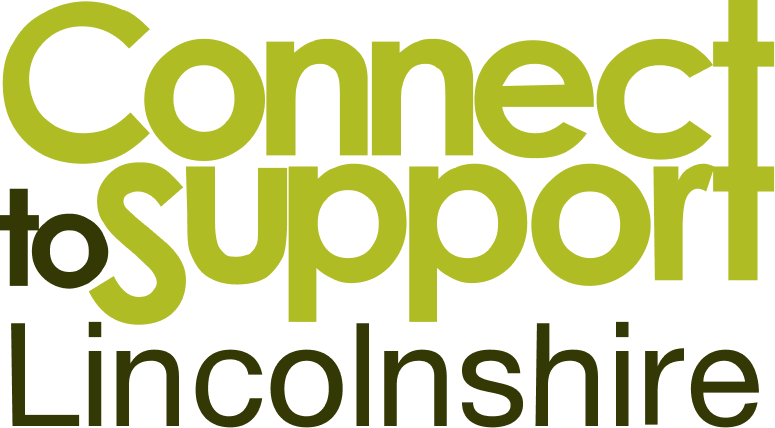Visit Your Local Advice Centre
Contact your local advice centre for support. Make sure to bring your bills and bank statements to your appointment. Use the Citizens Advice branch locator to find your nearest branch.
Use a budget planner
A budget planner can help you see exactly where your money is going and how much you’re earning. Managing a budget and tracking every pound is an essential first step toward becoming debt-free. Try the free online budget planning tool from MoneyHelper.
Budget planner | Free online budget planning tool | MoneyHelper
Claim the benefits you are entitled to
It's more important than ever to make sure you're receiving all the benefits you're entitled to. Use benefit calculators like Turn2us Benefits Calculator or the entitledto Benefits Calculator to check.
You’ll need accurate details about your:
-
Savings
-
Income (including your partner’s income, such as payslips)
-
Existing benefits and pensions (including anyone living with you)
-
Outgoings (e.g. rent, mortgage, childcare payments)
-
Council Tax bill
Budgeting advance
If you need help covering a specific expense, you may be able to get a loan through your Universal Credit called a 'budgeting advance'. Learn more on the Citizens Advice website: Getting a Universal Credit budgeting advance. Alternatively, you can message your work coach through your Universal Credit journal.
Call a helpline
Below are two charities that provide free, confidential, expert debt advice:
- National Debtline - 0808 808 4000
- StepChange - 0800 138 1111
Free debt advice in the UK
Choosing where to go for advice can feel overwhelming. Below are some of the free and impartial debt advice services in the UK, available online and via telephone.
Citizens Advice
The Citizens Advice webpage has information about debt and solutions to debt problems.
StepChange Debt Charity
0800 138 1111
Advice, budget support and solutions to help you manage your debts.
PayPlan
https://www.payplan.com/debtadvice
0800 072 1206 (Mon to Fri 8am–8pm, Sat 9am–3pm)
PayPlan provides free debt advice and a variety of solutions through their freephone service and online services. You can chat with debt experts via live chat, email, WhatsApp, or request a call back using their debt help request form. Their website also offers a range of helpful resources and tools.
Citizens Advice Web Chat
0800 144 8848
Free, independent, confidential and impartial debt advice through their web chat service and advice line.
National Debtline
0808 808 4000
National Debtline offers free debt advice online through its My Money Steps tool, along with web guides, fact sheets, and sample letters.
Debt Advice Foundation
0800 622 6151
The Debt Advice Foundation is a national charity that provides free, confidential support and advice to anyone concerned about debt.
Christians Against Poverty Debt help
No matter how big or small your debt problem is, we can help. Our free, expert debt advice will guide you on the best way out of debt and offer different types of support to help you become debt-free.
The first step can be the hardest, but it’s worth it. Asking for help may feel daunting, especially for those who have reached a crisis point before seeking support. Our appointments are face-to-face with a local debt coach.
Our friendly New Enquiries team is here to listen and help you start your journey out of debt.
CAP Debt Help is available in Lincoln, Boston, and south Lincolnshire. Check our website to see if your postcode is covered.
https://capuk.org/get-help/cap-debt-help
Money Helper
To find face-to-face advice, you can use the search facility on the Money Helper website at: debt advice locator webpage.
